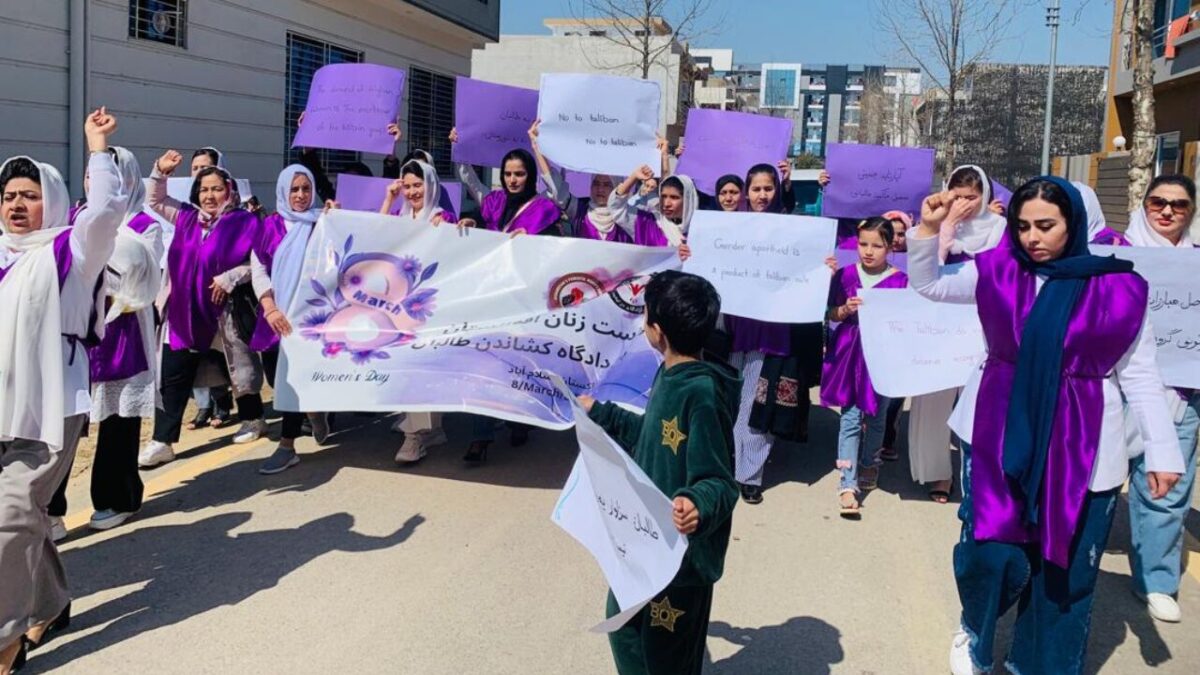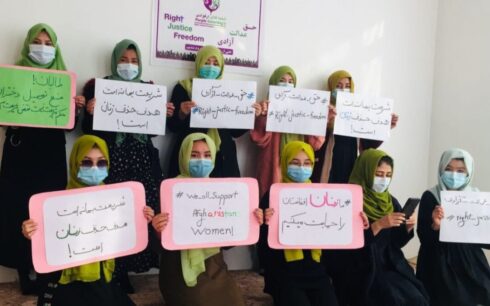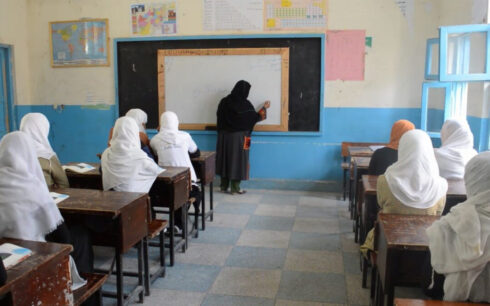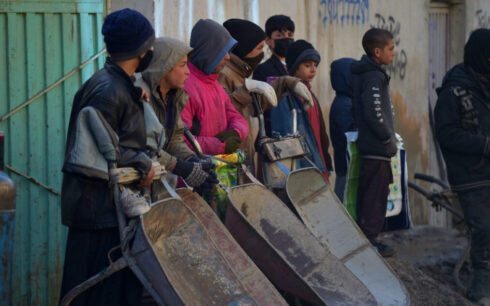In more than two years after the Taliban takeover of Afghanistan, women and girls have left indelible marks of courage and resistance, standing firm for their rights. From streets to prisons, female protesters have raised their voices against the Taliban’s oppressive policies, despite escalating restrictions on education, employment, and freedom of movement.
The first significant protest by women occurred four weeks after the Taliban seized control, disbanding the Ministry of Women in favor of a ministry focused on vice and virtue. “From those initial days, women have stood up to fight and continue to bravely oppose the Taliban’s misogynistic decrees,” stated Taranom Saedi, a women’s rights activist.
Protests expanded to Mazar-e Sharif, the capital of Balkh province, where the Taliban detained at least 35 women in an effort to quell the movement. The ban on girls attending school beyond the sixth grade fueled protests nationwide, with demonstrations in provinces such as Herat, Bamiyan, Kapisa, Ghor, Baghlan, Badakhshan, Parwan, Kunduz, Takhar, Paktia, and Nimroz, all echoing the call for “Food, Work, and Freedom.”
“These restrictions and decrees have failed to dampen the protestors’ resolve. The fight for Afghan women’s rights continues both within and outside of Afghanistan,” said Munisa Mubariz, a women’s rights activist. “We will fight until justice is achieved and people can freely determine their own destiny.”
Internationally, support for Afghan women has also been prominent. Tamana Zaryab Pariani undertook a 12-day hunger strike in Germany, advocating for the recognition of “Gender Apartheid” under the Taliban.
“The struggle against oppression and crime in Afghanistan is far from over. Escaping the Taliban doesn’t mean we only sought survival in a different location. We changed our geography to amplify our voices further,” Pariani explained.
The United Nations reports that 105 individuals had been detained by the Taliban by March 2022, including notable women’s rights activists. However, Manizha Sediqi remains in Taliban custody. The true number of women detained might be higher, as some identities have not been disclosed to the media.
Despite being forced to limit their gatherings to indoor spaces due to Taliban threats, women protesters vow to continue their fight for rights. While the Taliban claims to ensure women’s rights in Afghanistan, numerous activists are calling on the international community to acknowledge the “gender apartheid” enforced by the Taliban.





